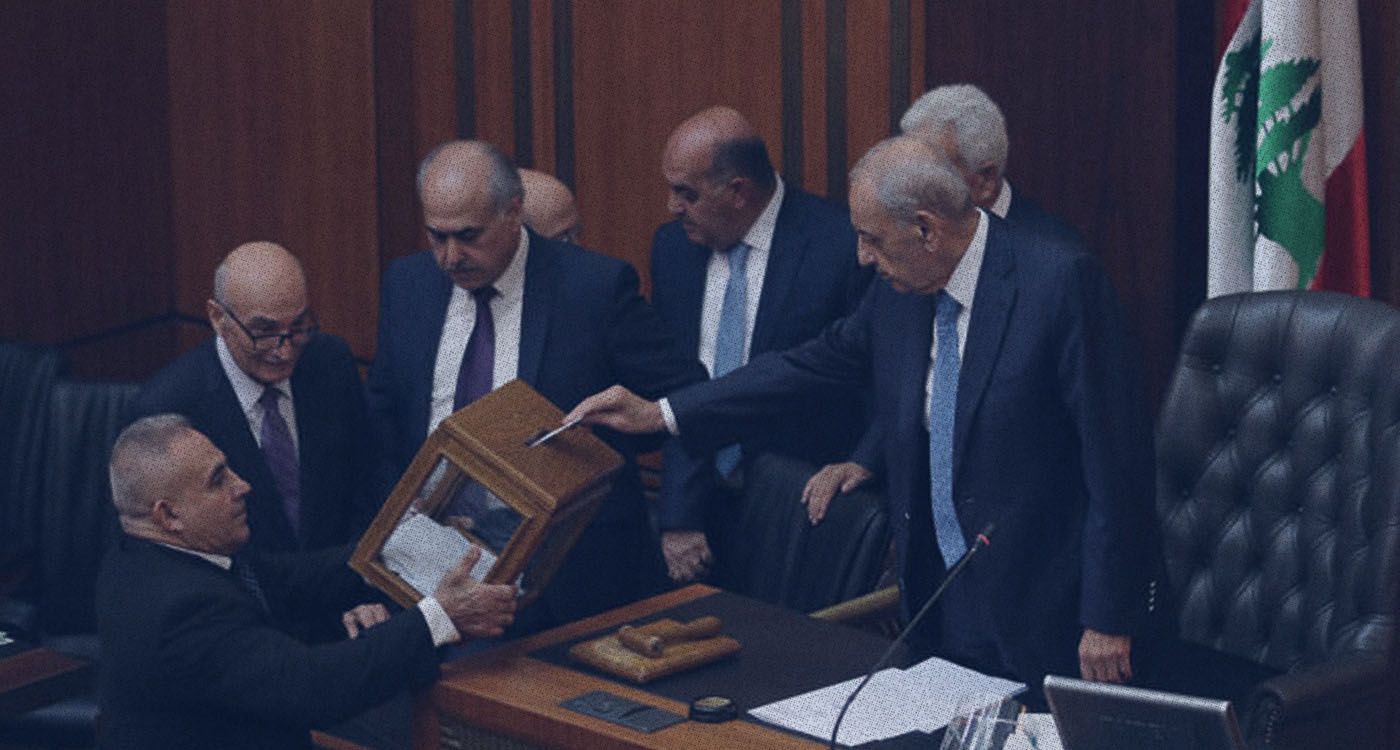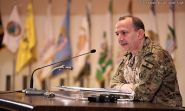
In the forthcoming session, Lebanon does not need to elect a president but rather to agree on one. This distinction is significant and critical, especially given the current circumstances.
Electing a president could have been achieved before former President Michel Aoun left office, during successive and uninterrupted parliamentary sessions that maintained quorum. Candidates could have stepped forward – as some have done in recent days, despite being well over two years past the reasonable timeframe for candidacy. MPs would then have cast their votes, with dynamics shifting in each new session, even if it required numerous consecutive meetings. Only then could a president have been elected.
However, this scenario is unlikely to unfold today, particularly during the January 9 session. That session cannot accommodate all the declared and undeclared candidates, nor can it handle the diverse range of ideas and proposals on the table. Furthermore, it is constrained by the significant number of parliamentary blocs and MPs who remain hesitant to make a decision or put forward a candidate. No political side, except the Democratic Gathering bloc, has settled on a candidate, nor is it clear whether the Amal-Hezbollah duo will back Sleiman Frangieh during the session. What is needed is a consensus on a president – or at the very least, a clear declaration of intent – so that candidates unable to gather sufficient support can withdraw, thereby narrowing the presidential race to two or three candidates at most. Assuming a president is elected in the upcoming January 9 session – which remains unlikely – the situation in Lebanon will quickly shift back to renewed political debates. The country will then face the challenge of appointing a prime minister, with no capable Sunni figure to assume that position, or at least none publicly willing to take on the role. Moreover, according to available information, Arab countries are reportedly unwilling to repeat the experience of Najib Mikati.
What kind of prime minister will be appointed, considering it took over two years to agree on a president? How will the ministries be distributed among the parties? Who will join the government, who will be excluded and who will be barred from participating? Will Hezbollah repeat its experience of joining the government? What will the government’s policy statement include? Will Hezbollah and its allies insist once again on the “Army, People, Resistance” formula?
These are complex issues, each of which would require a month to resolve given Lebanon’s way of addressing problems. How, then, can these questions be tackled when the first challenge – electing a president – has yet to be overcome?
These possibilities remain mere speculation as long as we approach the presidential deadline with over a hundred MPs who have yet to make a decision or be swayed by any candidate. How can we rely on those who lack a clear stance to lead the next phase and address all the remaining issues?



Comments